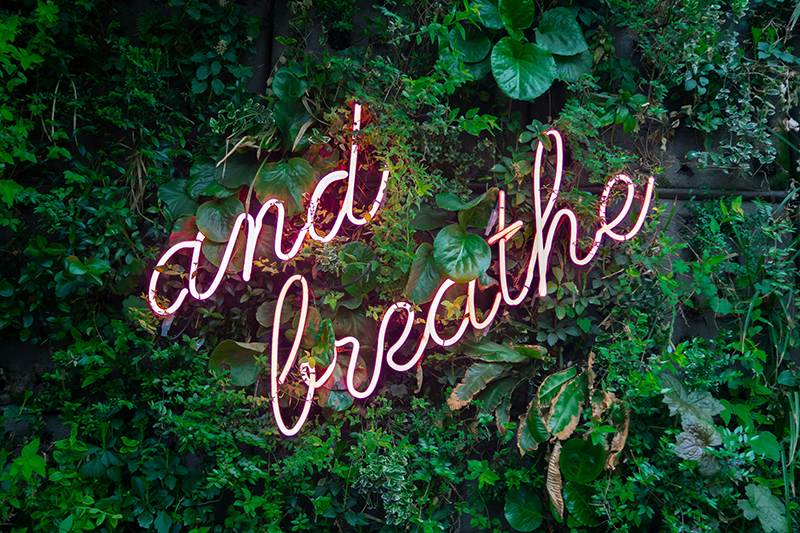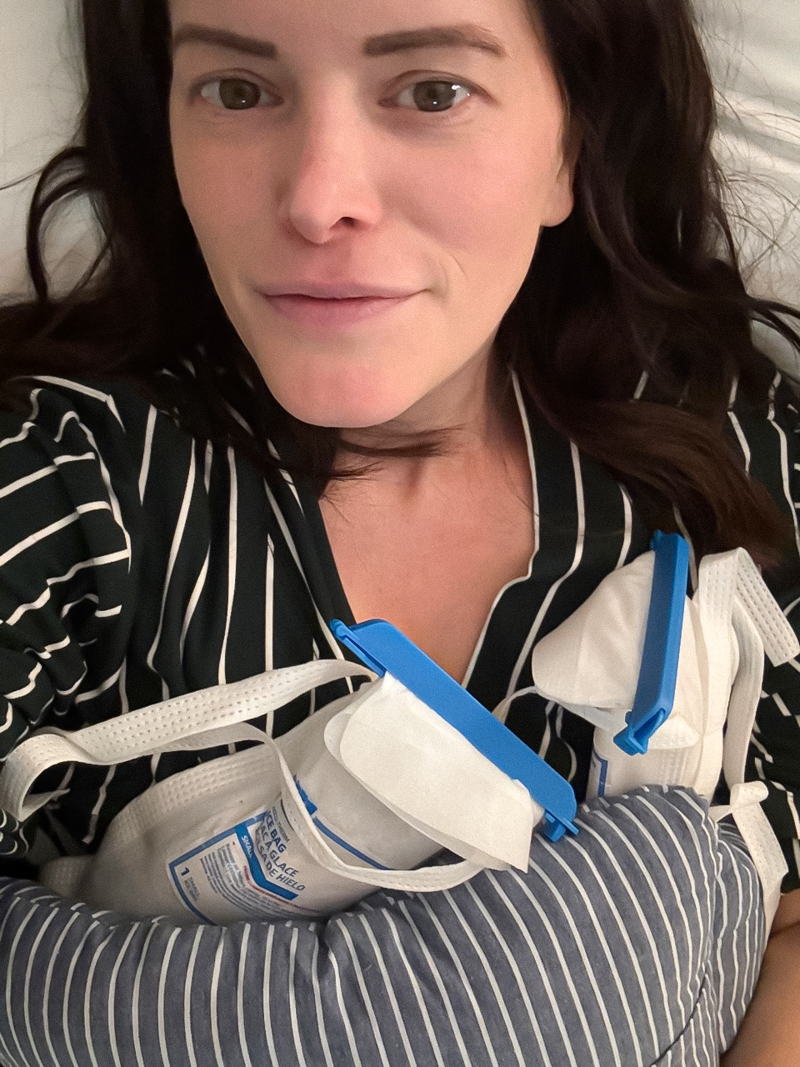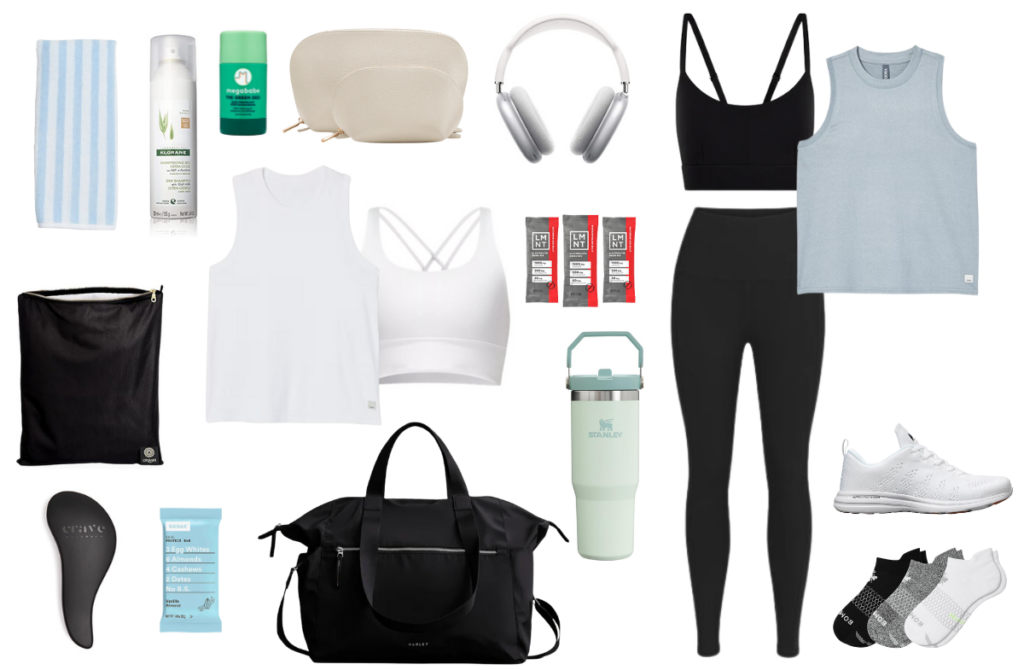Wellness
Self-Care Practices to Improve Your Mental Health


Half the country is feeling defeated right now, and if you’re here because you follow me on social media, you’re probably one of those people. For us, it’s not just about losing an election; it’s a deep heartbreak. But this isn’t about politics—it’s about caring for ourselves during tough times. Self-care isn’t just face masks and bubble baths; it’s about committing to practices that genuinely support our mind, body, and emotional health. It’s about setting boundaries, reducing stress, creating calm, and prioritizing mental health. Self-care looks different for everyone, and right now, it’s something many of us are struggling with. Let’s talk about what it really means and how we can support each other.
Self-Care Practices to Improve Your Mental Health
I’ve gone through periods of chronic stress, and the last few months have really taken a toll on me. Last year, I made major changes to prioritize my own health, focusing on supplements and working to balance my cholesterol, iron, and hormone levels. There was still a lot of work to do, though. It’s a privilege to practice certain types of self-care, like regular workouts and movement, or seeking therapy. But there are simple, powerful ways we can care for ourselves too—like getting enough sleep, connecting with others, unplugging, and setting boundaries. Think of self-care as filling your tank so you can keep going.
A self-care routine different for everyone, but any practice of regular self-care will improve your quality of life. Some people need social connections, while others need solitude. Our self-care needs can change depending on what we’re going through—or even what’s happening in the world. As I’ve gotten older, I’ve gotten better at prioritizing my needs. I’d love to share some of the self-care practices that have helped me. I don’t do all of these things every single day, but I prioritize what’s best for me, and really focus on mindfulness, so I know what my needs are. While I still have areas to improve, we’re all a work in progress, right? I want to share my own self-care plan, and some self-care ideas that I have recently prioritized when things are feeling especially difficult.
Move Your Body
Physical activity is a great way to reduce stress levels and support mental health. It’s often the first thing we neglect when time or energy are low, but exercise is the best way to release tension and move stress, anxiety, or anger through the body. I have found that I feel less stress in my body when I get movement in. Along with easing stress, regular activity lowers heart disease risk and strengthens your immune system. Try aiming for 30 minutes of movement at least three to five times a week. I recently started working out again, taking it slow as I find the time to make this a regular habit.
For women in their 40s, strength training is especially important—aim for at least 30 minutes three days a week. Invest in a walking pad, take a nature walk, or try a yoga class—any movement counts.
Nourish Your Body
Food and hydration are often overlooked but essential. I can’t tell you how many times I’ve realized it’s 3 PM and all I’ve had is coffee. Adding things like Waterdrop or flavored electrolytes to my water has helped me increase my water intake and stay hydrated. Following a healthy diet most of the time, and focusing on vegetables, fruits, whole grains, and protein always makes a noticeable difference in how I feel. That doesn’t mean you can’t enjoy a burger and fries, because you can and should. But nourishing your body with healthy meals boosts your energy and mood. Adding antioxidants, fiber, and reducing sugar and processed foods can improve your energy and mood, too.
Put Your Phone Down
Spending time on your phone isn’t great for you, but it’s the first place most of us go when we want to check out. Social media, email, and texting make disconnecting harder than ever, but it’s essential for mental health. I tend to scroll mindlessly, especially when I’m struggling emotionally. Setting limits helps prevent overuse and creates space for activities that genuinely improve mental health. Social media can sometimes harm self-esteem and lead to unhealthy comparisons, so it’s a good idea to follow accounts that bring you joy and set personal ground rules for when and how often you’ll scroll.
Don’t Take In Too Much News
Staying informed is important, but too much news, especially now, can lead to “doom scrolling” and worsen stress and anxiety. Excessive news exposure is terrible for stress an anxiety, but it’s important to stay informed. There are ways to stay connected without being overwhelmed by it all day long. I am often on and off instagram for work all day. Even if I don’t scroll, it’s inevitable that I am going to see something that will inevitably stress me out right now. I made the decision to unfollow most news sources on Instagram and check in online mindfully, just once daily. I also love Jessica Yellin’s Substack since I can hear from her without having to check Instagram.
Breathe
Deep breathing is an effective way to regulate the nervous system, especially when life feels overwhelming. I find this to be the most helpful when my kids aren’t listening and I feel the tension building up. It isn’t always easy to step out of the room or to take a moment when you just want to scream, but it’s so helpful. Taking a moment to breathe can activate the body’s relaxation response. Practicing deep breathing for just a few minutes each morning or before bed makes a noticeable difference in my day.
Get Enough Sleep
Good sleep is foundational for mental health and cognitive function. It’s probably the most important thing we can do, and the first thing to suffer when we’re busy or stressed out. Poor sleep can amplify stress, anxiety, and leave you feeling terrible. I sometimes get lost in my phone or work late into the night, losing track of time. While I’m not always consistent, I try to go to bed at a reasonable hour at least twice a week. Aim for 7-9 hours each night, with a consistent bedtime and wake-up routine. Reducing screen time and creating a calming environment before bed can also improve sleep quality.
Talk to Someone
Supportive relationships are essential for mental health, helping us feel connected and less alone. Whether through close friends, family members, or therapy, having someone that offers emotional support is invaluable. I’m a big believer in therapy and meet with my therapist weekly, but also prioritize healthy relationships with people I can count on for support. Staying connected to friends, whether they’re close by or out of state, helps me feel grounded and more like myself.
Engage in Creative Hobbies
When you’re focused on a puzzle or drawing, these activities are great for managing anxiety, which is great for your overall mental health. We’ve gotten really into family puzzles, and I love doing these diamond painting kits with my girls. But things like needlepoint, painting, knitting, and writing are great ways to release feelings, and to give yourself a break. When you focus on a task, you’re less likely to worry, and focused on what you’re doing right now. This is another self-care practice that’s great for anxious people like yours truly.
Declutter Your Home and Workspace
Decluttering might not seem like traditional self-care, but it can make a big difference on both productivity and mental well-being. For me, an organized space creates a sense of calm and focus. While my inner Virgo might naturally crave organization, I believe that anyone can benefit from the mental clarity of a clean and organized environment. There’s something to knowing exactly where everything belongs—it removes stress and helps me feel more in control. The process itself can be therapeutic, too. Taking on an organizing project offers a sense of accomplishment and gives me a positive outlet for anxious thoughts. And, of course, the reward of a clean, inviting space is always worth the effort.
Have Healthy Boundaries
When it comes to self-care practices, forming healthy boundaries is one of the most important things you can do. Boundaries protect your mental and emotional well-being by helping you prioritize what matters most. Setting limits with work, relationships, and technology can prevent burnout and make more time for self-care. As an anxious people pleaser, I spent most of my 20s and the better half of my 30s feeling like I would let people down if I said no to something. Set boundaries respectfully and practice saying “no” when you need to.
Practice Mindfulness
Practicing mindfulness can be done any time and anywhere. Mindfulness is the act of bringing your full attention to the present moment. Think about how you feel in your body, what you need, and what feels right in this moment. This practice calms your nervous system, and is great for people with anxiety. Take deep breaths, go for a walk, or spend a quiet moment alone.
A few minutes of daily mindfulness practice can lower cortisol levels and reduce anxiety. When you take a moment to practice mindfulness, you will be more aware of what your own needs are. This will help you make better choices, which will leave you feeling a lot less depleted. It’s also a reminder that it’s ok to feel your feelings.
My Breast Reduction and Lift
Each of these self-care practices offer a unique way to support mental well-being. Integrating these habits into your life doesn’t require major changes; even small, consistent actions can make a big impact. The practice of self-care is about treating yourself with kindness and respect, which ultimately strengthens your mental health for a more balanced, fulfilling life. And the benefits of self-care will impact your physical, mental, and emotional health, improving your overall well-being.
Self-care is an essential practice that nurtures your mind, body, and spirit, leading to improved mental health, resilience, and overall well-being.
This post contains affiliate links. If you purchase something using my links, I may earn an affiliate commission at no cost to you.





